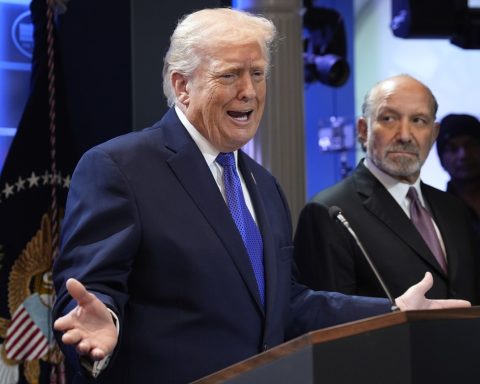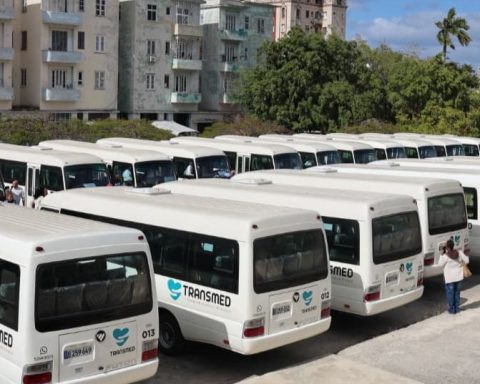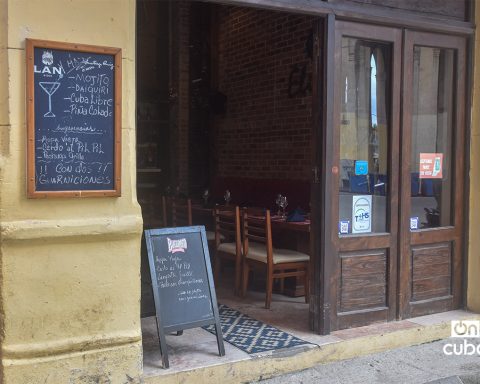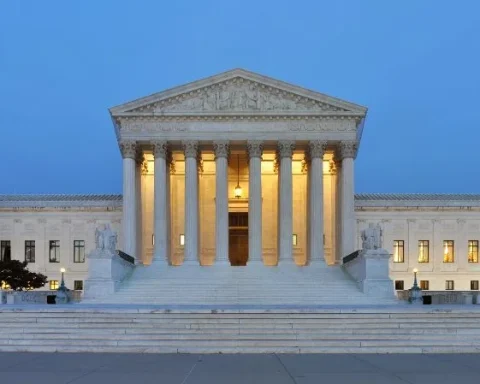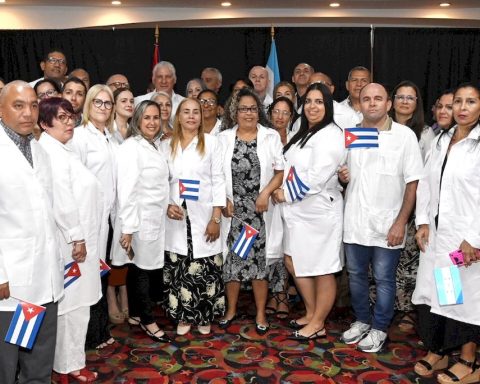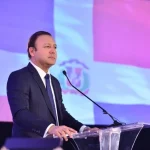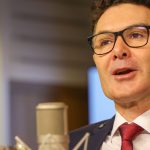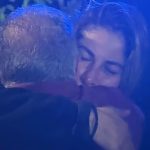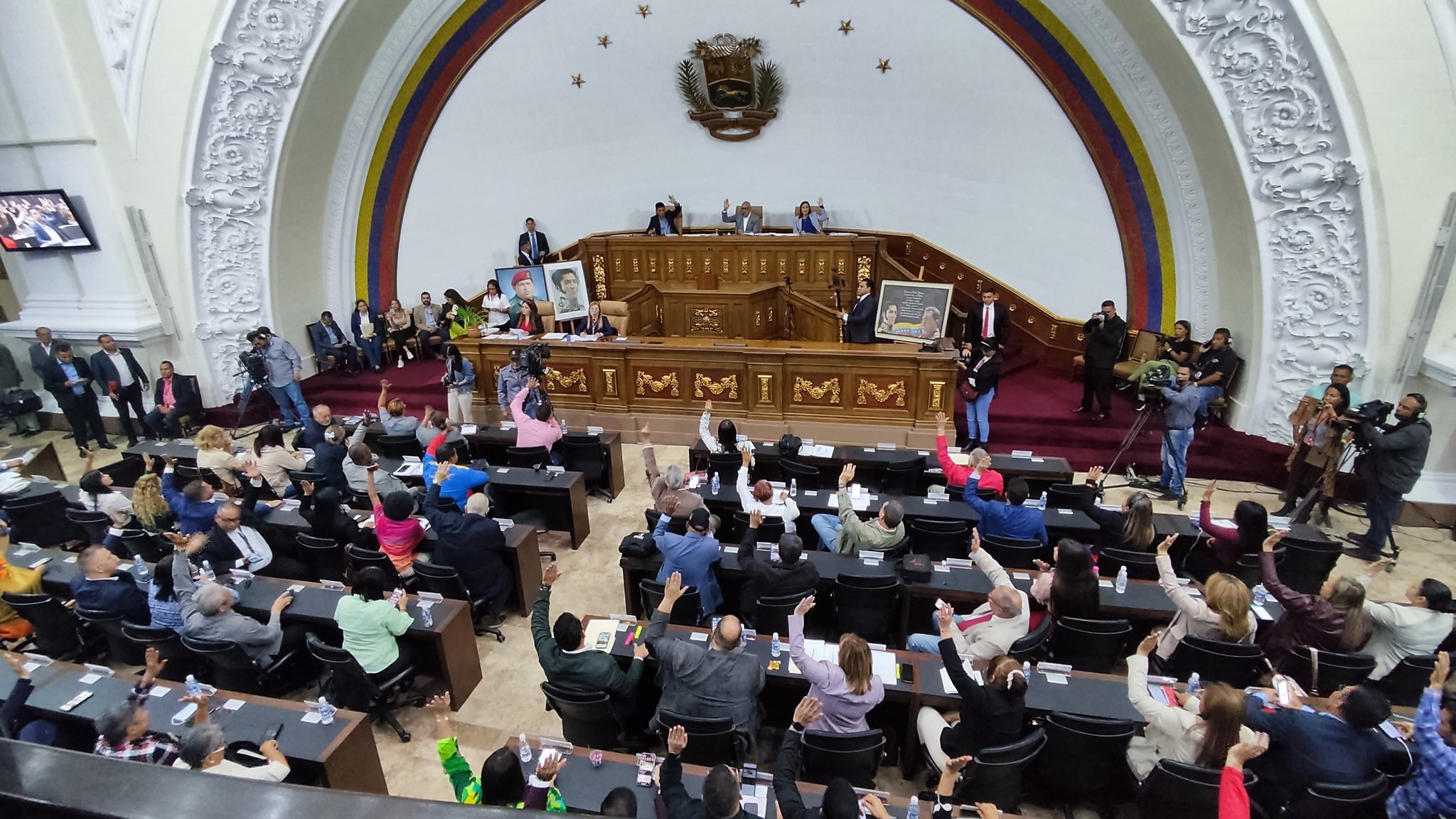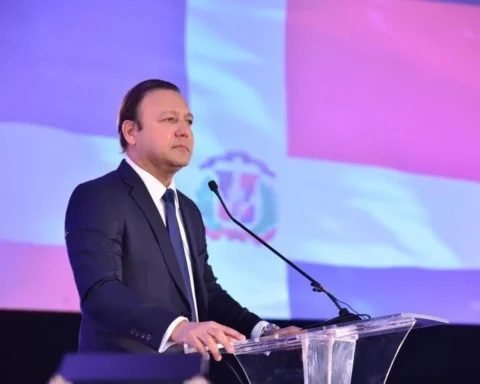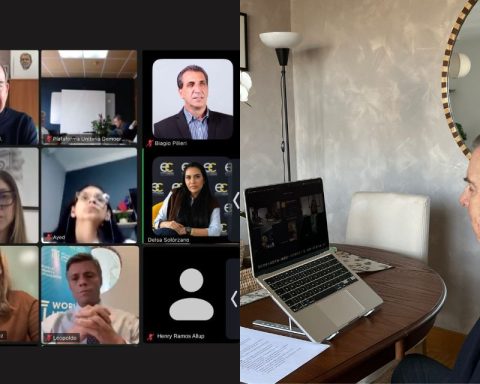Havana Cuba. – One of the main figures of Cuban political events at the beginning of the 19th century was Francisco de Arango y Parreño. Lawyer and landowner, he played a fundamental role within the reformist current.
Born into a wealthy family, he completed his first studies at the San Carlos and San Ambrosio Seminary, focusing on the Humanities. In the year 1781 he entered the Faculty of Law of the Royal and Pontifical University of San Jerónimo, from which he graduated in 1786.
From a very young age he stood out in oratory and jurisprudence, a quality that allowed him to do a good job in the chair of Real Law at Prima at the University. A year after graduating, he traveled to Spain to pursue university studies at the Real Academia de Derecho Patrio y Común, where he stood out as an outstanding student in Common and Civil Law.
After obtaining his law degree, he traveled throughout Europe and the region of Caribbean in order to study the entire economic system and its possible application in Cuba. Once back in Havana, he held important positions in the political life of the city, becoming director and honorary member of the Patriotic Society of Havana, as well as founder of the Economic Society of Friends of the Country, in 1791.
The main contribution of Arango and Parreño to the development of the Island was the economic-social program of the so-called Cuban Reformist Illustration. Despite its oligarchic and slave-owning character, said document contained a series of proposals to improve production and the problem of labor.
Among other notes, he advocated improvement in the use of land; the application of the most modern techniques, specifically in the sugar industry; freedom of trade with Spanish ports and those of other regions; the reduction of taxes on exports and imports, and the reduction of interest rates on the loans necessary to boost agriculture and the manufacturing industry.
The reforms promoted by Arango and Parreño subscribed to the economic sphere, without questioning the colonial order. However, his projection underlies a discreet autonomy, appreciable in his desire to improve the situation of the country by promoting greater freedom of trade, which would allow the increase in sugar production and the improvement of the situation of Cuban farmers.

